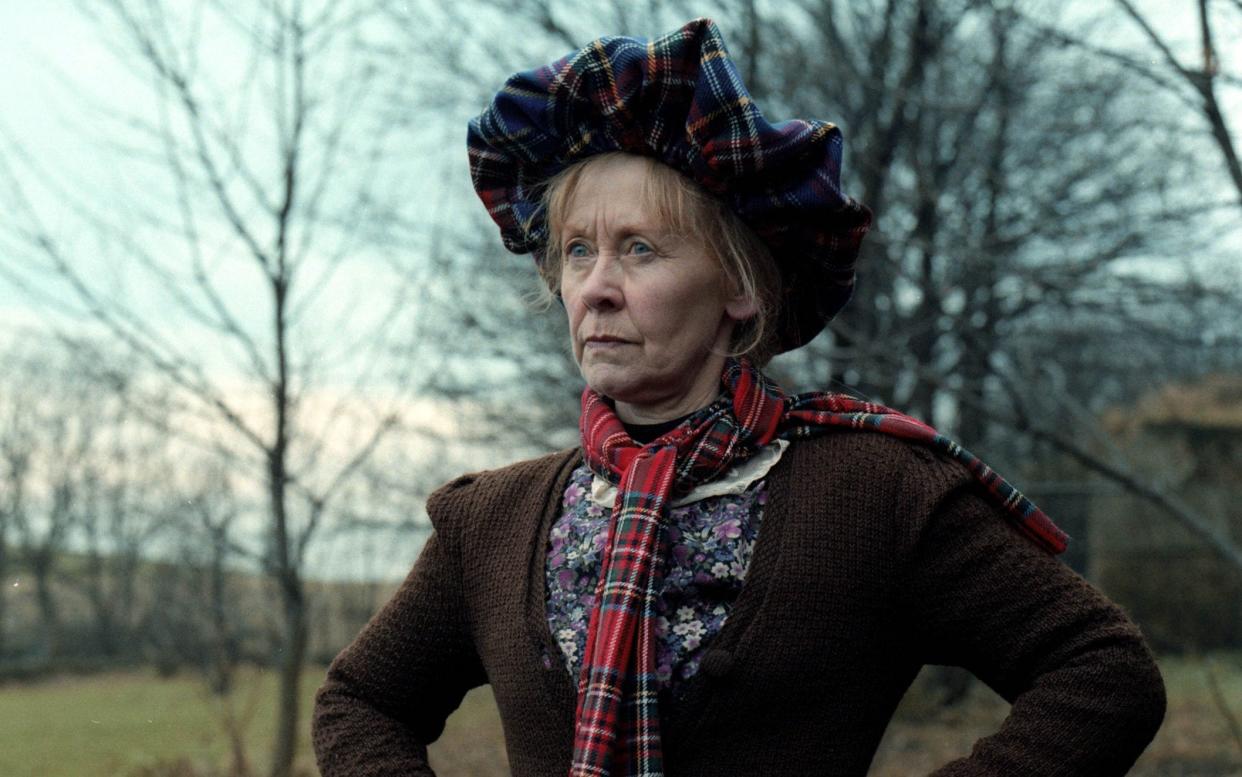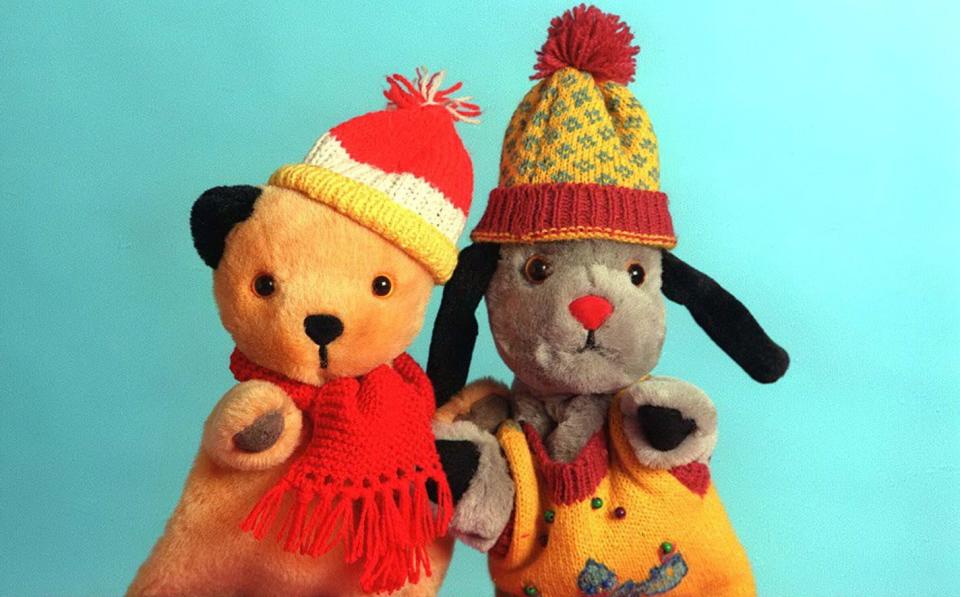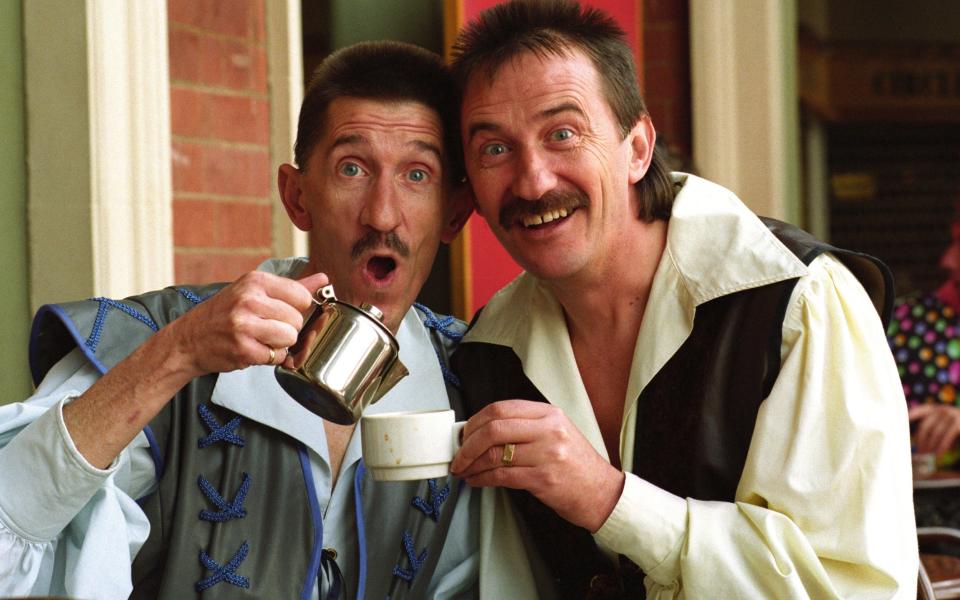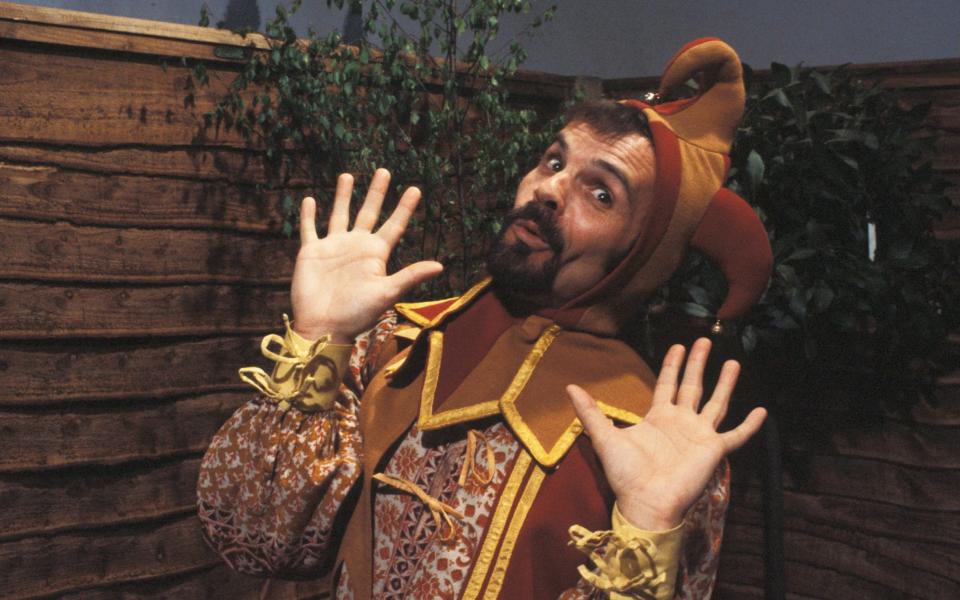The children’s sitcom is dead – and that’s a real tragedy

- Oops!Something went wrong.Please try again later.
- Oops!Something went wrong.Please try again later.
Earlier this week, the Scottish actress Gudrun Ure died at the age of 98. For any child who grew up in the 1980s, she is synonymous with Super Gran. Based on the novels by Forrest Wilson, Super Gran ran on ITV between 1985 and 1987 and dealt with elderly Granny Smith, a normal old lady who was zapped by the magic ray of Inventor Black and acquired superpowers, which meant she could keep her hometown of Chiselton safe from assorted baddies. The TV adaptation was a huge hit, selling to 60 countries around the world and winning an International Emmy in 1985.
But Super Gran is also a reminder of what children’s TV has slowly lost in the last decade. Children’s sitcoms – and I am not including animated programmes – used to be a prominent part of the post-school and Saturday morning schedules, regularly popping up from the late 1960s to the mid 2010s and mainly on BBC One or ITV, and subsequently their digital channels.
For my generation growing up in the 2000s, the highs were Kerching!, about a teenage dot-com billionaire, the self-explanatory My Parents Are Aliens, and ChuckleVision which ran for two decades and was a genuine match for any sitcom commissioned for grown-ups. My personal favourite was Sooty and Co, the latest incarnation of a show that had been running for decades. Whenever I need cheering up, I return to a YouTube compilation of the dog-moron Sweep’s greatest moments, including him dressed up as Pavarotti and squeaking Nessun Dorma.

Many see the golden age of the children’s sitcom as the late 1970s/early 1980s which boasted Grandad (1979-1984) with Clive Dunn trading on his Dad’s Army persona and the critically mauled but universally loved Rentaghost (1976-1984) about a group of mischievous ghouls running amok in suburbia.
While there are still some British sitcoms for children on the BBC – So Awkward, Andy and the Band and Danny and Mick are all on iPlayer – there are far fewer being commissioned in the current climate.
Money is part of the problem. Quite a lot of funding for children’s TV comes from government subsidies like the Young Audiences Content Fund, which was axed in 2022. Whenever broadcasters need to save money, programmes which need writers, actors, props, studio time and lots of costumes tend to be the first to go.
In 2021 Jackie Edwards, who ran the Young Audiences Content Fund at the BFI, protested against looming government cuts. “Public service broadcasting should be about expanding a child’s understanding of the world.,” she said. “Algorithms drive kids down a rabbit hole of more of the same. You want them to have a varied and nourishing diet, as opposed to fast food.”

That second point is a big one. Children are watching far more programming streamed on the internet than scheduled on TV. Last year BARB figures showed that while four-year-olds watched 30 per cent more minutes of TV than they did in 2019, the amount of minutes they watched on broadcast TV was down by 62 per cent.
“Kids will always go for the biggest, fastest dopamine hit,” said former Blue Peter presenter Konnie Huq last year. “We live in a world of instant gratification culture and actually delayed gratification is much better for happiness and mental wellbeing in the long term. And kids, obviously they’re not old enough to always make the right judgement calls.”
Culture, and particularly what we watch, is fragmented and individualised now, and nowhere is this more the case than with children’s TV. There are trends among my friends with kids, the current big thing is a load of anthropomorphic fruit dancing in a samba-grooved loop on YouTube. It is, to be fair, infectious. But a less hypnotic, social media friendly thing like a sitcom is far less likely to attract young eyeballs.
Obviously, there is a time and a place to introduce your offspring to Steptoe and Son. But it’s amazing how quickly kids pick up on how comedy works and to know the particular tone that makes British comedy feel British. There’s also a subversive element to the best British children’s sitcoms that make them a sort of training ground for more adult shows.

Rentaghost cocked a snook at the staid suburban values of the Perkins characters – a timeless sitcom trope. Super Gran didn’t really have much nutritional content, but as a digest of the golden age of British comics it’s hard to beat. Meanwhile, the Chuckle Brothers’ precarious employment status, with boss No Slacking always giving them jobs which they were doomed to fail at, is like a feeder club for all the workplace sitcoms you identify with in adulthood.
It is tough for commissioners. There is seemingly no money and the algorithmic delights served up by TikTok must make them sometimes wonder why they bother. And yet the success of Horrible Histories, which finished several years ago but now extends to stage shows and even Proms, is worth noting. This, more than any other programme, resembles the classic children’s sitcoms we grew up with and proves they are an invaluable investment with a cross-generational appeal to boot. By letting such shows die, we are denying future generations a valuable part of their social and cultural education.

